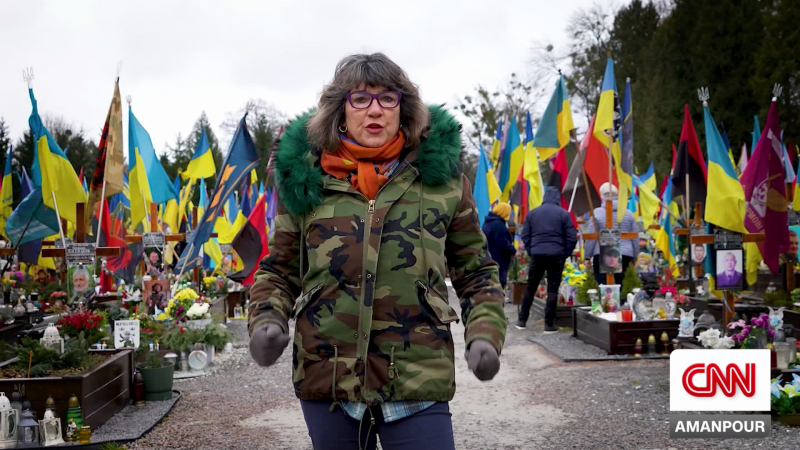As Ukraine commemorates the second anniversary of Russia’s invasion, Europe grapples with daunting questions and the continuous potential for uncertainty. The face-off between Crimea and Russia, which began in 2014, has left a myriad of geo-political and socio-economic challenges in its trail. From the impact on Europe’s energy supplies to the question of security and political integrity, Europe is struggling to find its feet in a rapidly changing landscape.
One of the significant effects that this conflict has had on Europe is the disruption of energy supplies. Russia is one of Europe’s leading suppliers of natural gas, a fact that it has not hesitated to use as leverage. The point of contention here rests on the pivotal role of Ukraine as a conduit for this gas to reach Europe. The crisis has heightened the urgency for Europe to diversify its energy sources to reduce dependency on Russia. This move is not devoid of challenges, including the political hurdles associated with establishing new supply chains and the financial implications of such a venture.
In addition to the energy crisis, the conflict has raised disturbing questions about Europe’s collective defense. The attack on Ukraine revealed holes in Europe’s security fabric, raising doubts about NATO’s ability to safeguard the continent in the event of an escalated conflict. Nuclear threats from Russia further heighten the stakes as the contentious issue of arms control comes to play. From the alignment of NATO member states to the readiness of European defense capabilities, addressing these concerns is a significant challenge.
Furthermore, the war has brought the question of Europe’s political cohesion to the fore. As sanctions against Russia continue to multiply, Europe is undergoing a test of unity. Countries within the European Union (EU) diverge significantly in their positions towards Russia. Eastern European countries, bordering Russia, naturally have a more hawkish stance due to their direct vulnerability. However, countries like Italy and Germany, depending on Russian energy, are less enthusiastic about measures that could further strain relationships.
Another sobering reality compelled by the conflict is the ongoing humanitarian crisis. Approximately 1.4 million Ukrainians have been forced to flee their homes, with countless individuals displaced within Ukraine itself. The wave of refugees is exerting significant pressure on societies across Europe, as they struggle to house and integrate the newcomers, thereby prompting a review of immigration policies.
Lastly, the war has weighted the question of future European integration, notably EU enlargement. Ukraine’s bid to join the EU is fraught with uncertainty. A divided EU on this matter and Ukraine’s checkerboard political and economic reforms position this issue on an uneasy pedestal.
In essence, as Ukraine marks two years since Russia’s invasion, the conflict has presented Europe with a gamut of unprecedented challenges. The ripple effects have touched on sectors as diverse as energy, politics, defense, and humanitarianism. It is a critical moment for Europe to learn, adapt, and forge a path of resilience amid these upheavals. Europe’s navigation through this minefield holds significant implications not only for the continent but also for international relations and global security. Indeed, the lessons learned from this conflict will undoubtedly inform future policies and interactions on the global stage.




